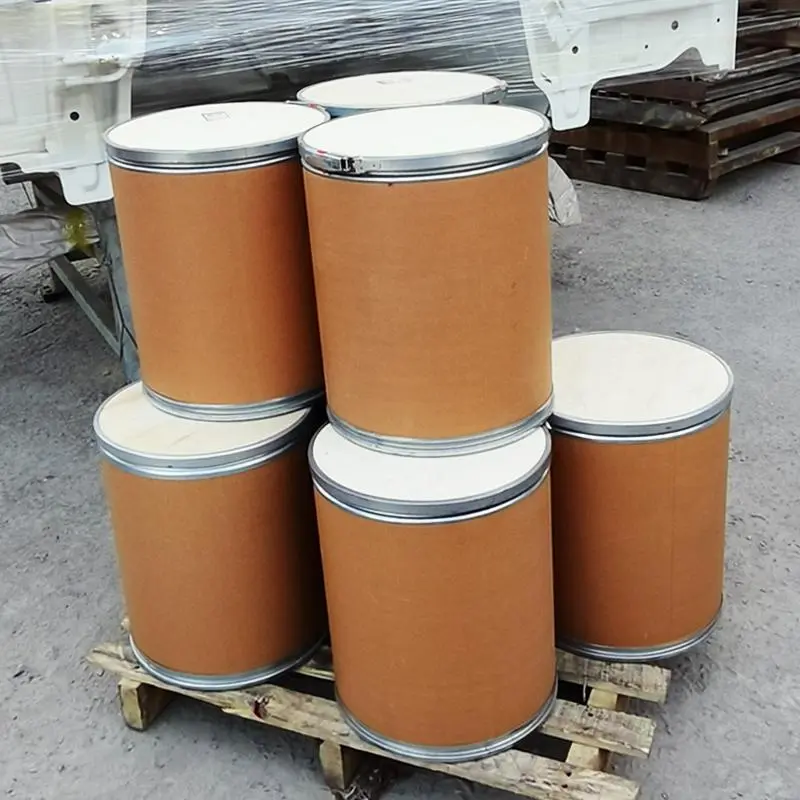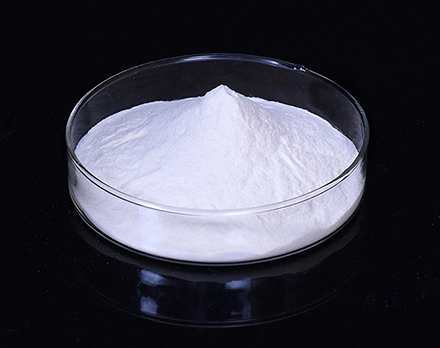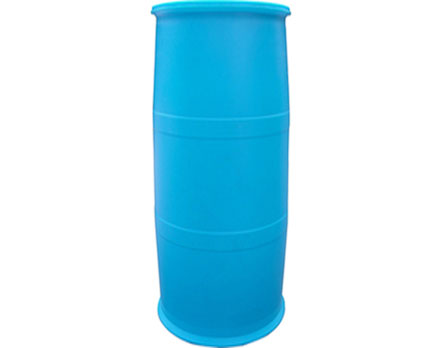Applications of Maltitol in Functional Yogurt
Applications of Maltitol in Functional Yogurt
Compared with other dairy products, yogurt is an ideal low-energy food. At present, most low-fat yogurts on the market use aspartame as a sweetener. However, if maltitol is used together to make sugar-free yogurt, the stability of its flavor will be increased and the functional characteristics of yogurt will be increased.
Practical recipes for several sugar-free yogurts.
1. Stirred sugar-free yogurt: 70% skim milk, 14% maltitol, 1.53% milk fat, 2.68% whey powder, 1.80% lactic acid bacteria, 9.85% juice, 0.10% xanthan gum, 0.03% aspartame, and appropriate amount of edible flavors.
2. Coagulated sugar-free yogurt: 80% skim milk, 14% maltitol, 1.5% milk fat, 3% whey powder, 2.0% lactic acid bacteria, 0.07% aspartame, and appropriate amount of edible flavors.
Notes: For stirred yogurt, aspartame is usually added after the fermentation of the strains. It can be mixed with juice or added separately from the juice. For coagulated yogurt, aspartame is added after the milk is sterilized and before the strains are fermented. During the fermentation process, due to different fermentation time and strains, aspartame will lose 15%-35%, so the amount of aspartame added should be 0.05%-0.08%.
The carbohydrates in yogurt mainly come from sugar. In order to obtain fruit yogurt with a carbohydrate content of less than 1% and maintain a certain sweetness, people usually add sugar to fruits to make jam-like fruit pieces or thick syrup containing whole berries; or replace sucrose with crystalline fructose, add pectin thickeners to make syrup, and then add 40%-50% fruit pieces or whole berries and cook them for later use. This approach makes the process complicated and the finished product may not be good. This problem can be solved by directly adding maltitol.
Yogurt made with maltitol has a long shelf life, is rich in nutrients, and is suitable for all kinds of people. Therefore, the market for sugar-free yogurt will become increasingly broader.
-
Inulin
-
Polydextrose
-
Resistant Dextrin
- Trehalose
- Resistant Dextrin(Soluble Corn Fiber)
- Resistant Dextrin(Soluble Corn Fiber)(Powder)
- Resistant Dextrin(Soluble Tapioca Fiber)(Powder)
- Resistant Dextrin(Soluble Tapioca Fiber)(Liquid)
- Resistant Maltodextrin Powder
- Resistant Maltodextrin Powder (Liquid)
- Organic Resistant Dextrin Powder (Corn Type) 70%
- Organic Resistant Dextrin Powder (Corn Type) 90%
- Organic Resistant Dextrin Powder (Tapioca Type) 70%
- Organic Resistant Dextrin Powder (Tapioca Type) 90%
- Organic Resistant Dextrin Syrup (Corn Type) 70%
- Organic Resistant Dextrin Syrup (Corn Type) 90%
- Organic Resistant Dextrin Syrup (Tapioca Type) 70%
- Organic Resistant Dextrin Syrup (Tapioca Type) 90%
- Organic Resistant Maltodextrin Powder (Corn Type) 70%
- Organic Resistant Maltodextrin Powder (Tapioca Type) 70%
- Organic Resistant Maltodextrin Syrup (Corn Type) 70%
- Organic Resistant Maltodextrin Syrup (Tapioca Type) 70%
- Organic Soluble Corn Fiber Powder 70%
- Organic Soluble Corn Fiber Powder 90%
- Organic Soluble Corn Fiber Syrup 70%
- Organic Soluble Corn Fiber Syrup 90%
- Organic Soluble Tapioca Fiber Powder 70%
- Organic Soluble Tapioca Fiber Powder 90%
- Organic Soluble Tapioca Fiber Syrup 70%
- Organic Soluble Tapioca Fiber Syrup 90%
- Resistant Dextrin Powder (Corn Type) 70%
- Resistant Dextrin Powder (Corn Type) 90%
- Resistant Dextrin Powder (Tapioca Type) 70%
- Resistant Dextrin Powder (Tapioca Type) 90%
- Resistant Dextrin Syrup (Corn Type) 70%
- Resistant Dextrin Syrup (Corn Type) 90%
- Resistant Dextrin Syrup (Tapioca Type) 70%
- Resistant Dextrin Syrup (Tapioca Type) 90%
- Resistant Maltodextrin Powder (Corn Type) 90%
- Resistant Maltodextrin Powder (Tapioca Type) 90%
- Resistant Maltodextrin Syrup (Corn Type) 90%
- Resistant Maltodextrin Syrup (Tapioca Type) 90%
- Soluble Corn Fiber Powder 70%
- Soluble Corn Fiber Powder 90%
- Soluble Corn Fiber Syrup 70%
- Soluble Corn Fiber Syrup 90%
- Soluble Tapioca Fiber Powder 70%
- Soluble Tapioca Fiber Powder 90%
- Soluble Tapioca Fiber Syrup 70%
- Soluble Tapioca Fiber Syrup 90%
-
Dioscorea Opposita Dietary Fiber
-
Wheat Dietary Fiber
-
Oat Dietary Fiber
-
Polydextrose Powder (Conventional Type)
-
Polydextrose Powder (Special Type)
-
Polydextrose Powder (Sugar Free Type)
-
Polydextrose Powder (Type II)
-
Polydextrose Powder (Type III)
-
Polydextrose Syrup (Conventional Type)
-
Polydextrose Syrup (Refined Type)
-
Polydextrose Syrup (Special Type)
-
Polydextrose Syrup (Standard Type)
-
Polydextrose Syrup (Sugar Free Type)
- Fructo Oligosaccharide
-
Malt Oligosaccharide
- Isomalto-oligosaccharide 900 Powder
- Isomalto-oligosaccharide 900 Powder(Corn)
- Isomalto-oligosaccharide 900 Powder(Tapioca)
- Isomalto-oligosaccharide 900 Syrup
- Isomalto-oligosaccharide 900 Syrup(Tapioca)
- Isomalto-oligosaccharide 900 Liquid (Corn)
- Isomalto-oligosaccharide 900 Liquid (DP3)
- Isomalto-oligosaccharide 900 Liquid (Tapioca)
- Isomalto-oligosaccharide 900 Powder (Corn)
- Isomalto-oligosaccharide 900 Powder (DP3)
- Isomalto-oligosaccharide 900 Powder (Tapioca)
- Organic Isomalto-oligosaccharide 900 Liquid (Corn)
- Organic Isomalto-oligosaccharide 900 Liquid (DP3)
- Organic Isomalto-oligosaccharide 900 Liquid (Tapioca)
- Organic Isomalto-oligosaccharide 900 Powder (Corn)
- Organic Isomalto-oligosaccharide 900 Powder (DP3)
- Organic Isomalto-oligosaccharide 900 Powder (Tapioca)
- Xylo-oligosaccharide
- Galacto-oligosaccharide
-
Mannan Oligosaccharide
-
Isomaltulose Powder
-
Saigao Stachyose






